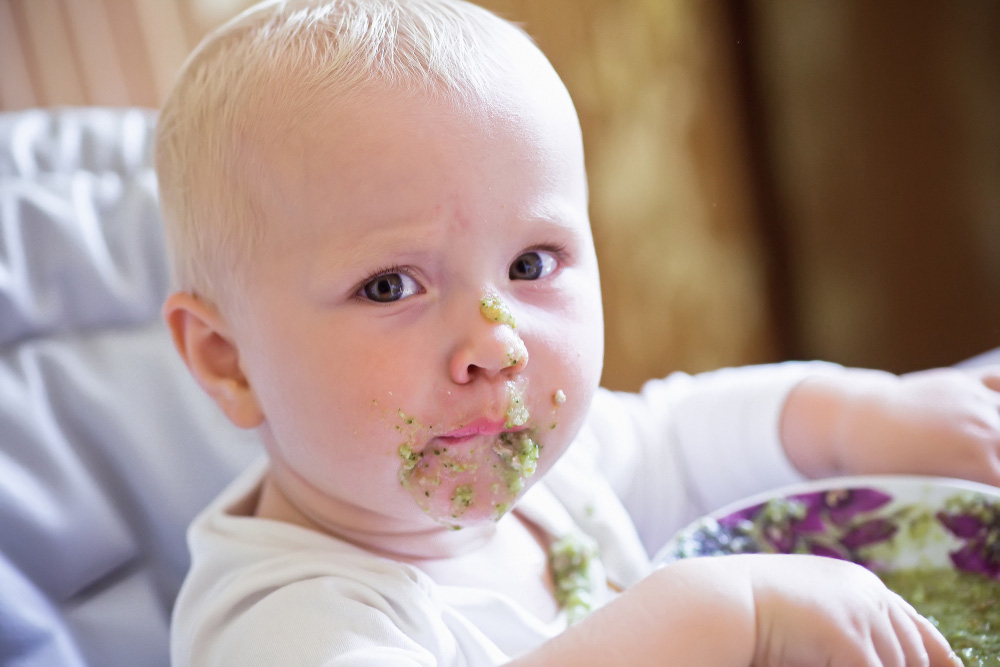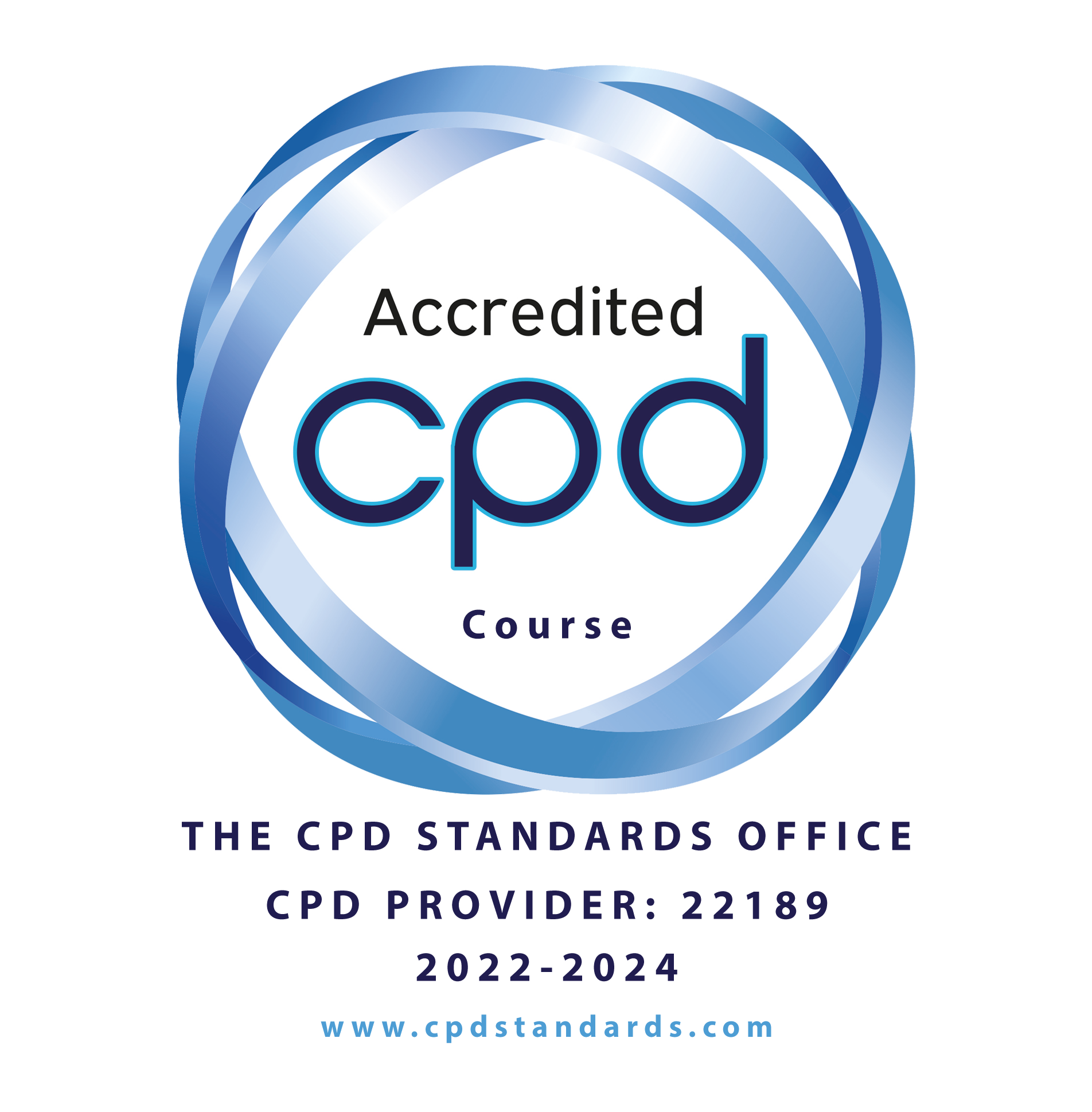Anxiety and Internalised Rules
Children and mental health
Whilst thinking about the shaping of the personality during childhood in our last blog, it occurred to me that it would be a disservice not to reflect on the connection between force-feeding infants and the internalisation of beliefs, rules and values and how this affects our children and mental health. Many of these will, of course, be crucial in developing the child as a family member and a social human being. They will fit well with the child’s temperament and personality and will serve them well throughout their life. What about the ones that don’t fit and cause the developing person endless psychological distress (varying levels).
Choo choo…
So let’s think for a moment of the infant in the high chair who is confronted by the caregiver with mush on a plastic spoon that they do not like the taste of. They have tried it before and they do not like it. The usual physical defence mechanisms will kick in such as batting any attempts to put it in their mouth away, keeping the mouth shut until the mush ends up all over their face, bib, clothes, the floor etc. Then the caregiver decides to become creative and attempts to trick the child into believing that the plastic spoon with mush on it is actually a plane or a train etc, as if… The little one, however, ain’t for having it and any mush that does enter its mouth is immediately ejaculated by spitting.
You will eat it…
The caregiver, however, is resolute. There is only going to be one outcome here ‘because I am the adult, I know what is good for you, and if you don’t do what I say then you won’t survive.’ The child’s last line of defence is to swallow the mush whole as it is not the texture or consistency of the mush that they dislike but the taste. This, of course, will inevitably cause indigestion.
These are the rules…
However, it is not just food that we are force-fed when we sit around the table. Infants are also forced to swallow whole, without question or trial, the family beliefs, rules and value systems for the very same reasons as food is force-fed. ‘We are the adults, we have been out in that world longer than you, we know what is best and if you want to be part of this group……these are the rules (some examples):’
In this family…………..
- ‘We put others needs before our own, we don’t confront others’
- ‘We never say no’
- ‘We worry about things and always expect the worst’
- ‘We don’t settle for second best’
- ‘We don’t try too hard and don’t get ideas above our station’
- ‘We don’t display or talk about emotions’
Etc, etc, etc
Anxiety is born

If these internalised rules do not fit with the infants developing personality then they will go onto cause self-defeating life patterns and the tension will cause psychological heartburn in the form of anxiety. Just like the food, the infant did not have the choice to reject them and could not chew them over to decide if they liked the taste.
Rules, beliefs and therapy
It is these internalised rules and beliefs that bring people into therapy. Therapy is a process of dissemination where the rules, beliefs and values that fit with the client are celebrated and kept. The ones that do not fit are examined and altered. Not necessarily vomited up completely.
Cognitive Behavioural Therapy
If you are looking for therapists who offer Cognitive Behavioural Therapy for a range of mental health issues you can read more about it on this page. We offer therapy at Act Counselling and CBT Services and are happy to speak with you today should you wish to find out more and book in with one of our therapists. Get in touch with us today via our online contact form or call us on 0141 554 0838.
Get in touch >









